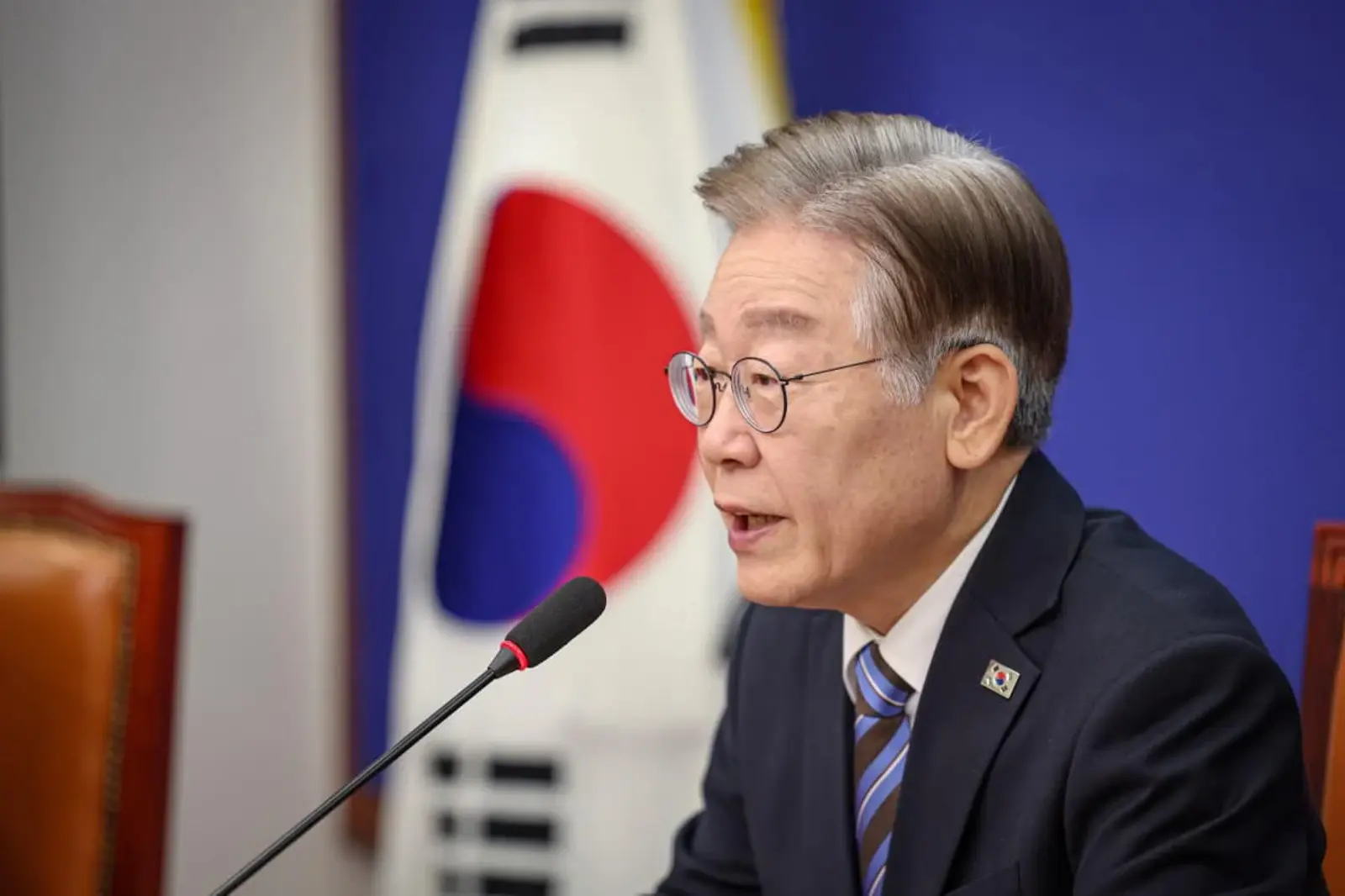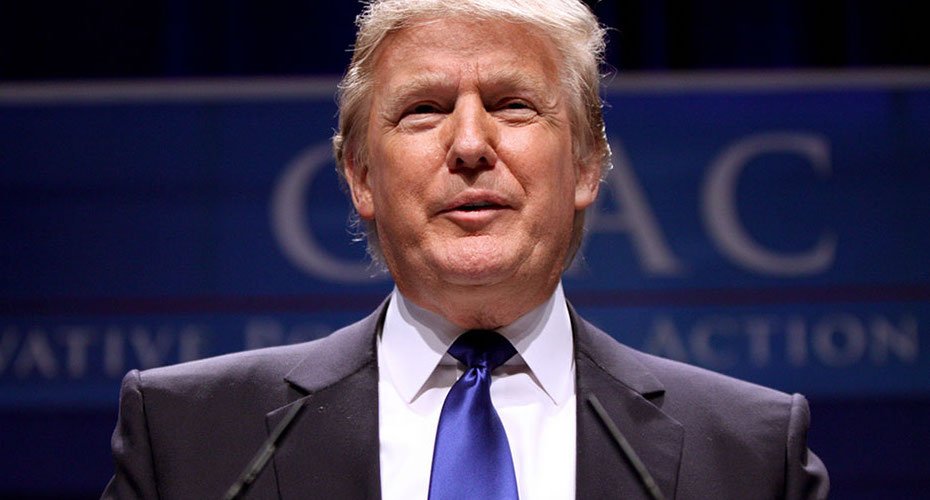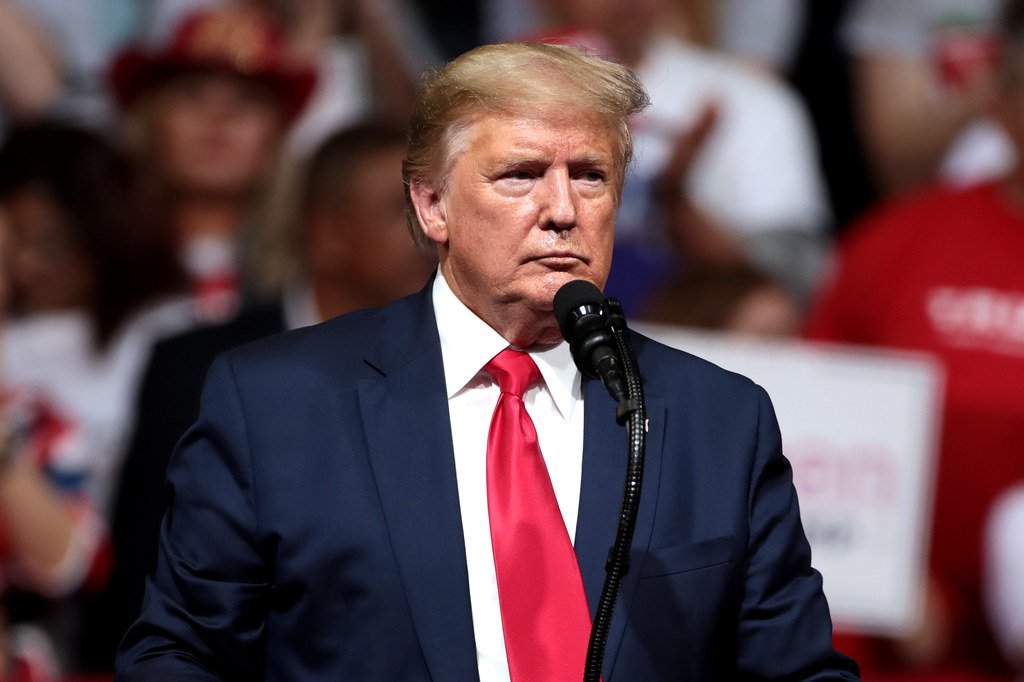By BlogHear News Desk | June 4, 2025
Seoul, South Korea – Just hours after securing victory in South Korea’s snap presidential election, President Lee Jae-myung delivered his inaugural address on Wednesday, pledging to “unite the people” and “restore democratic values” after months of political chaos.
The 61-year-old Democratic Party leader won the presidency with 49.4% of the vote, defeating conservative rival Kim Moon-soo. The result marked a decisive rejection of the ruling party once led by impeached former President Yoon Suk Yeol.
Yoon was removed from office earlier this year after attempting to impose martial law in a move that triggered mass protests, parliamentary revolt, and eventual impeachment. The scandal plunged South Korea into its deepest political crisis in decades.
“Never Again”: A Promise of Democratic Revival
Speaking from the steps of the National Assembly—where just six months ago he had leapt over the perimeter wall to help vote down Yoon’s martial law declaration—Lee directly addressed the turmoil that defined his predecessor’s administration.
“I will never again allow democratic institutions to be threatened,” Lee said. “I will become a president who ends the politics of division and restores trust.”
He described the political breakdown as the result of “factions with no desire to work for the lives of the people” and vowed to build a “flexible, pragmatic government.”
As one of his first actions, Lee announced the immediate formation of an emergency economic task force to address growing concerns over inflation, housing prices, and youth unemployment.
From Scandal to Statesman
Lee’s election marks a remarkable political comeback for a figure previously dogged by allegations of corruption and internal party strife. He is still awaiting trial in the Supreme Court for allegedly violating election laws—though the court postponed the proceedings until after the election to avoid influencing the outcome.
Under South Korean law, sitting presidents are shielded from prosecution for most crimes except insurrection or treason. It remains unclear what legal repercussions Lee could face while in office if convicted.
Despite these controversies, political analysts say his win reflects less an endorsement of his agenda and more a widespread repudiation of the previous administration.
Voter Turnout and Public Sentiment
South Koreans turned out in historic numbers, with voter participation hitting 79.4%—the highest since 1997. Much of the turnout was fueled by deep dissatisfaction with the Yoon administration and concerns about democratic backsliding.
“This election was not just about choosing a president—it was about defending democracy,” said National Assembly Speaker Woo Won-shik in an interview with BBC Korean. “The people made their voice heard.”
Park Sung-min, a political analyst and president of Min Consulting, added, “Voters weren’t necessarily embracing Lee’s policies. They were expressing outrage and demanding accountability for what they viewed as an attempted insurrection.”
Supporters Celebrate, But Challenges Loom
In downtown Seoul, thousands of Lee supporters gathered to witness the inauguration. Many expressed cautious optimism for the future.
“I believe he will keep his promises and create a fairer society,” said Leo Kil, a 32-year-old software engineer who had camped overnight near the National Assembly. “South Korea needs justice, and I think Lee understands that.”
Yet Lee takes office at a time of deep polarization. The outgoing president still enjoys a strong support base—particularly among older voters and young men—many of whom supported martial law and continue to promote conspiracy theories about electoral fraud.
Political observers note that Lee’s presidency could face fierce resistance from this bloc, especially as the opposition begins to regroup. One potential new standard-bearer is Lee Jun-seok, a controversial figure who dropped out of the presidential race late Tuesday. Known for his anti-feminist views, he remains influential among young male voters.
Navigating Global Tensions
Beyond domestic politics, President Lee also inherits complex foreign policy challenges. He must manage South Korea’s critical alliance with the United States under President Donald Trump, whose diplomacy has been described by critics as erratic.
Lee has promised a “pragmatic” approach to foreign policy and is expected to pursue a reset in both inter-Korean and U.S. relations, though details remain limited.
Unity vs. Accountability
The central challenge of Lee’s presidency, analysts say, lies in navigating the tension between calls for national unity and the demand for justice.
“Lee may want to move the country forward,” Park said, “but there are still open wounds and unanswered questions. How he balances healing with accountability will define his legacy.”
For now, South Korea begins a new chapter—one shaped by public anger, democratic revival, and cautious hope for change.
For more global political updates and in-depth analysis, visit BlogHear.com — your trusted source for news that matters.




